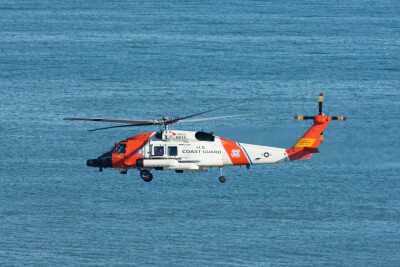MACHIAS, Maine — A salmon conservation organization is trying a new technique Down East for the first time, “planting” eggs in three rivers in the region in hopes they will hatch and grow into adult versions of Atlantic salmon.
The Downeast Salmon Federation, based in Columbia Falls, has adopted a technique that has been used successfully by state fisheries biologists in the Kennebec drainage in western Maine for about eight years. Success is measured by how many eggs hatch into fry.
The Department of Marine Resources fisheries biologists have reported nearly half the eggs emerging into fry compared with only 10-12 percent with a previous method.
Working with fisheries biologists from DMR and the U.S. Fish & Wildlife Service, federation staff planted 145,000 salmon eggs earlier this month in the beds of the Pleasant, Narraguagus and Machias rivers
“We’re quite sure that it is going to be [productive],” said Dwayne Shaw, executive director of the Downeast Salmon Federation, who discussed the project on Tuesday.
The technique simulates natural activities of salmon reproduction. A female salmon creates a nest, called a redd, in the gravel of a streambed or riverbed in the fall. Using her tail, the fish scoops out a pit, lays her eggs, then covers them with gravel to protect them until they hatch in the spring.
The biologists look for a good spawning and rearing habitat that is not covered with ice. A pump is used to make a hole in the bottom, and funnels made of PVC and stove pipe are inserted several inches into the bottom. The eggs are poured into the funnels. When the funnels are removed, the eggs are lightly covered over by the surrounding gravel.
DMR fisheries biologist Paul Christman adapted a technique for Maine that has been used in Alaska. Shaw noted that Christman has extensively researched survival rates of salmon hatched from the technique.
That research has “been very positive,” Shaw said. “Those fish do survive.”
Read the full story at the Bangor Daily News>>






